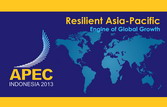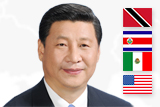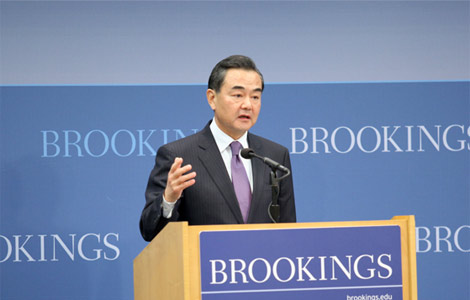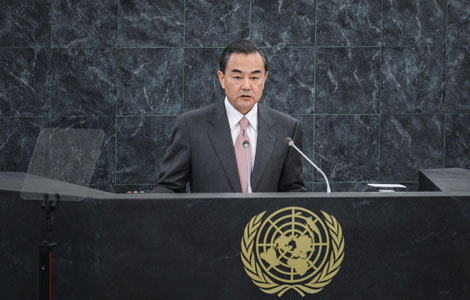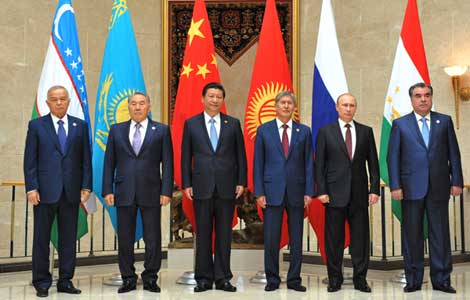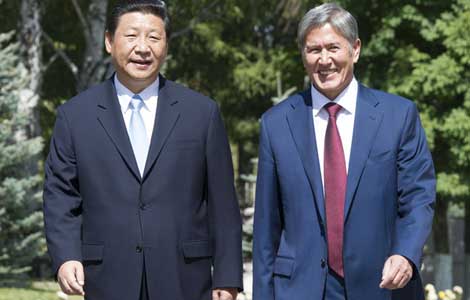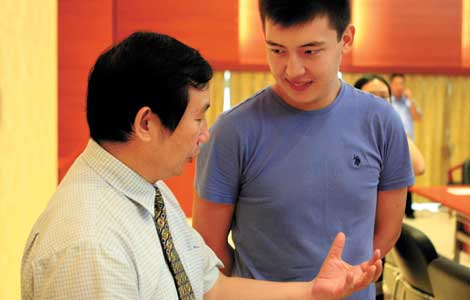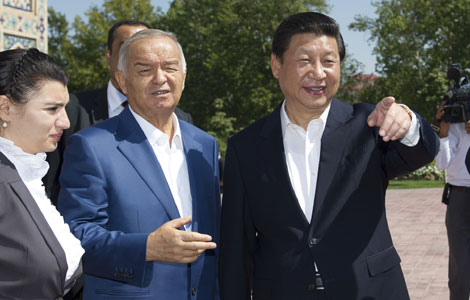Australia missing out on China FTA
By ( Xinhua )
Updated: 2013-06-21
SYDNEY - Australia and China should mobilize negotiations for a free trade agreement (FTA), Australian Shadow Minister for Foreign Affairs and Trade Julie Bishop said Friday.
Speaking at an Australia China Business Council forum, Bishop commented that there is much more that Australia can do to broaden, deepen and diversify its relationship with China as the country's most important trading partner.
"Through high-level engagement between our politicians, our businesses, our exporters, I believe that we can sustain a long- term trading relationship that will be of enormous benefit to both countries over a very long period of time."
"And to underpin that, I believe we must mobilize a free trade agreement with China as soon as possible covering goods, services and investment," Bishop said.
Australia and China first began talks about a free trade agreement in 2005. But after nineteen rounds of negotiation, with Australia seeking a comprehensive FTA, the deal remains ongoing.
In the most recent talks, held in Beijing over June 4-6, 2013, the Australian government reported "good progress" on sanitary issues and technical barriers to trade, and "constructive discussions" on trade in goods, customs procedures, investment and dispute settlement.
Bishop says this is not good enough.
"The Australia-China relationship is obviously the most important trading relationship that we have, and if we're able to include a free trade agreement with China I think that would just cement the relationship even further," she added.
New Zealand, which commenced free trade agreement talks with China at the same time as Australia in 2005, managed to seal the deal in 2008 and has since seen trade treble, with 90 percent of New Zealand products now getting into China duty-free, said Bishop.
She added that the Australian government had rebuffed an offer from the Hong Kong administration to commence FTA negotiations with China on their behalf.
The shadow minister also spoke about plans, if elected, to send more Australian universities students to study in the Asia-Pacific region through government-funded scholarships.
"I cannot think of a better way to demonstrate our deep engagement in the region, to underpin our bilateral relationships with important trading partners and friends like China than have young Australians spend time in the region."
"That way we will have a large body of young people in this country who will become Asia-literate, who will develop second language skills, and will come back to Australia after their experience with new ideas, new perspectives, new insights to add to the productivity of this country," she said.
Asked if Australia would have to choose between its relationships with China and the United States, Bishop said it was a "false debate".
"The Australian people don't need or have to, the United States hasn't asked us to, China certainly hasn't asked us to, and I believe the relationship with China and the United States will continue to grow, because economically they do need each other."
"Should China's rate of economic growth slow by even a third, that is, on average 6.6 percent, rather than the average of 9.9 percent over the last 30 years...it would still be the largest economy by 2030 in that it would have outstripped the United States."
"I think there's so much at stake for all of us that it's in our interest to ensure the relationships remain strong," she said.
Bishop also professed to be optimistic about China's economic performance and its integration into the international community, with relationships built on mutual trust and understanding.
"I firmly believe that the best days of the China-Australia relationship lie ahead," she said.
Schedule
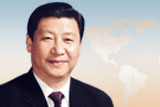
President Xi to visit Indonesia, Malaysia, attend APEC summit
Oct 2 to 3: Pay State Visit to Indonesia
Oct 4 to 5: Pay State Visit to Malaysia
Oct 6 to 8: Attend the 21st economic leaders' meeting of APEC forum and meet with global leaders in Bali, Indonesia

